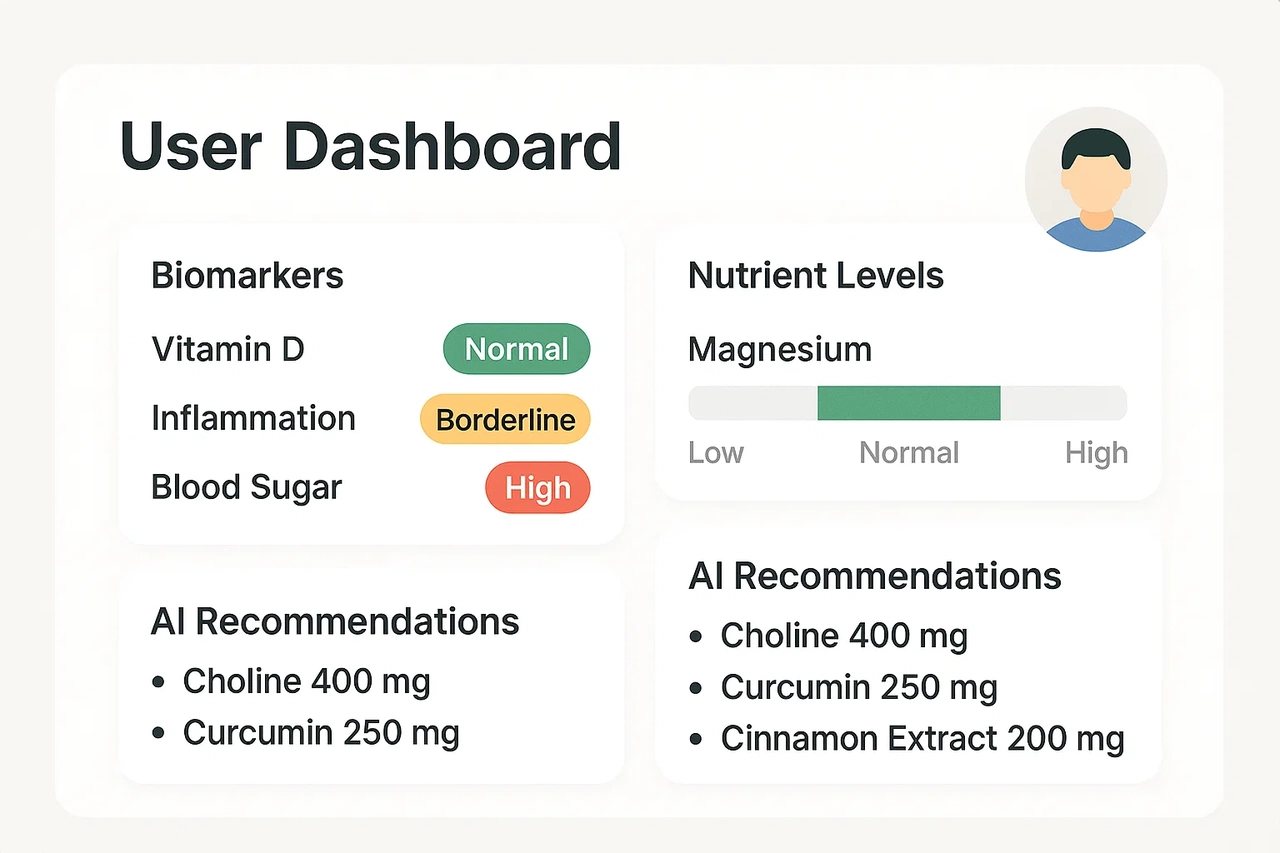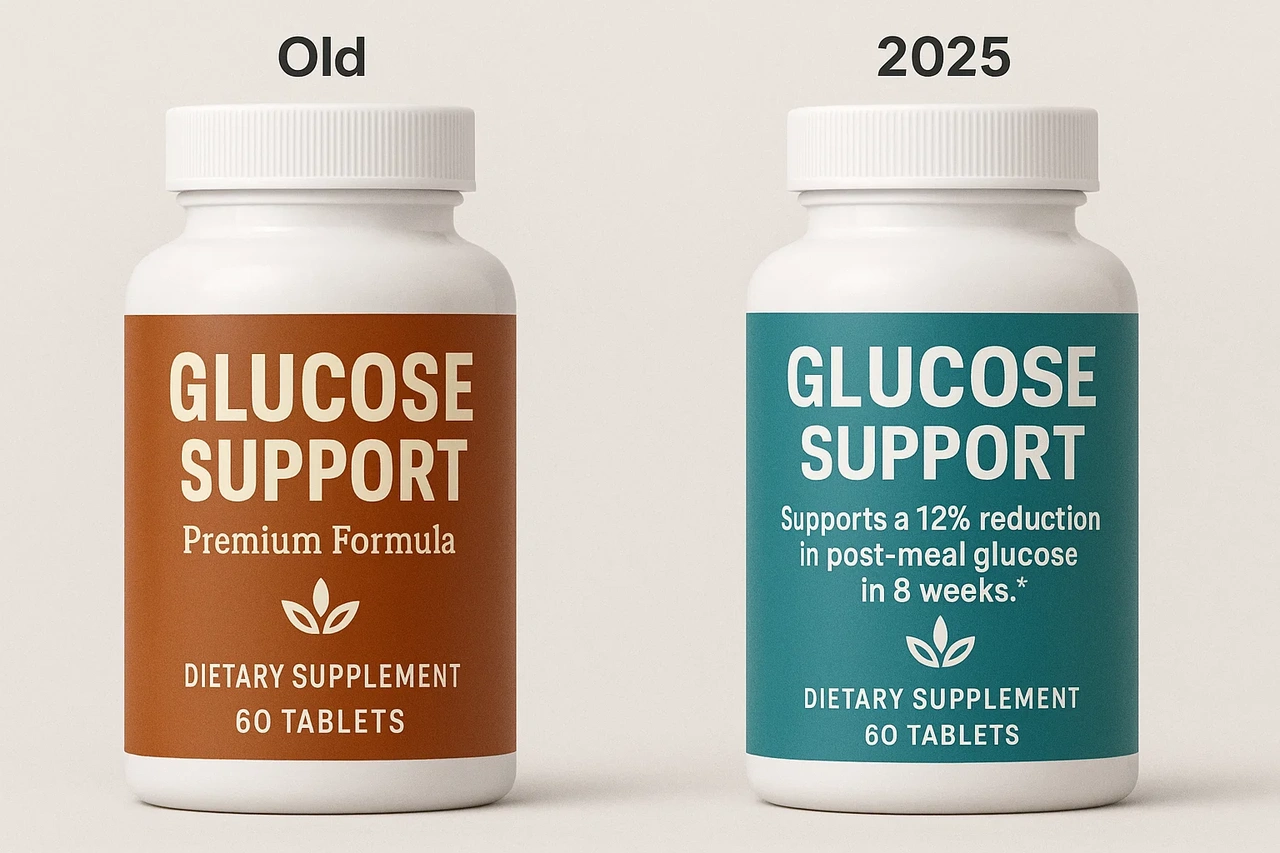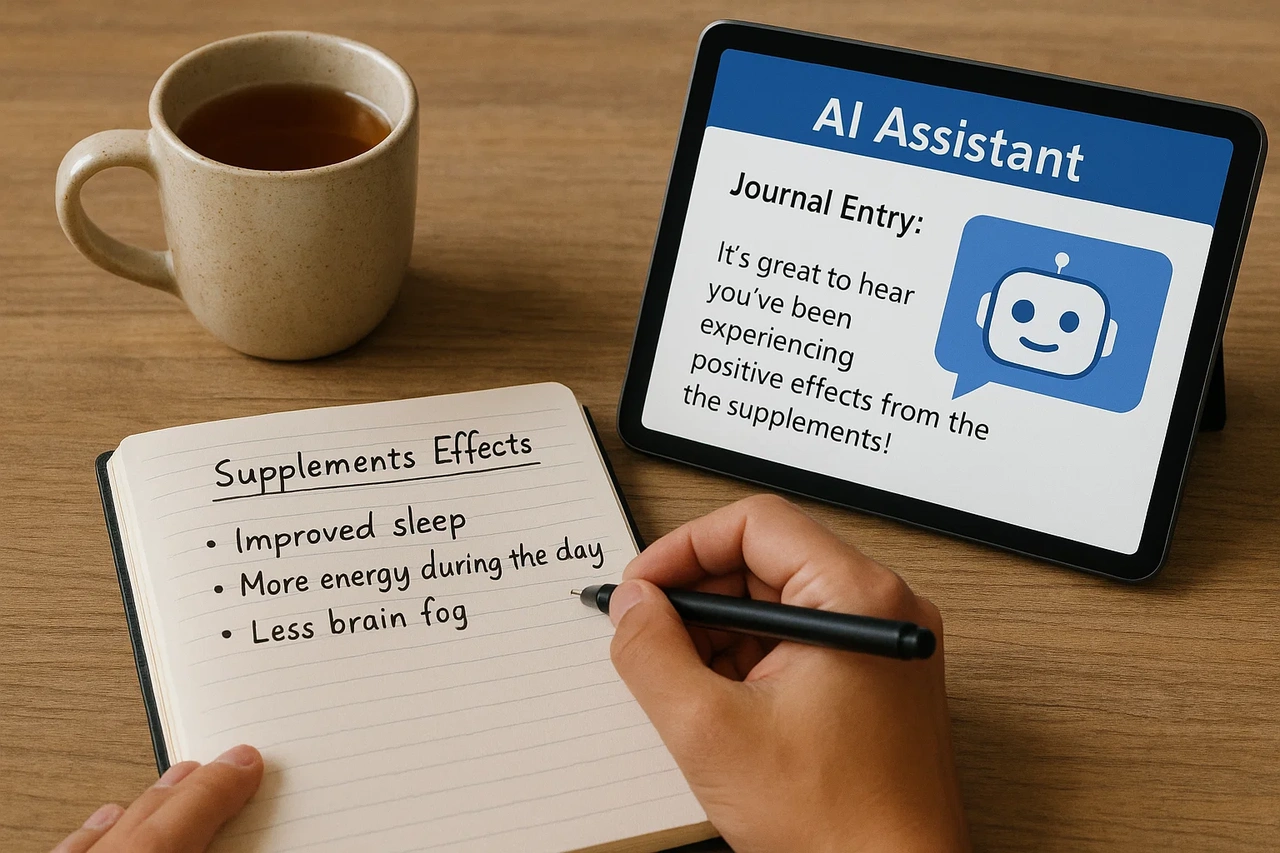Beyond the Buzz: The Quiet Revolution of Personalized Supplements in 2025
I’ve followed the supplement industry for over a decade now. I’ve seen fads rise and collapse — from raspberry ketones to charcoal pills — and I’ve written through the waves of skepticism and overpromising. But something is shifting in 2025. And it’s not just cosmetic rebranding or influencer marketing.
This year, we’re witnessing what I’d call the "adulting" of dietary supplements — a fundamental maturation, driven not just by consumer interest but by science, technology, and most surprisingly, regulatory evolution. Let me walk you through what’s happening — and why I believe 2025 marks the beginning of a supplement era we might actually be able to trust.
The Rise of Precision: Why One-Size-Fits-All Is Out
If there’s one word that defines the 2025 supplement scene, it’s personalization. Gone are the days of multivitamins built for "men over 40" or "busy women." In their place? Supplement stacks generated by algorithms trained on your:
- Microbiome sequencing
- Epigenetic markers
- Sleep tracking data
- Hormonal rhythms

Brands like NutriForm, GeneVive, and BiomeIQ are no longer fringe players. They’re becoming household names among people serious about longevity and preventive wellness. And their model is fascinating: you submit a sample (blood, saliva, stool), answer lifestyle surveys, sync your wearable — and out comes a tailored regimen. What’s more impressive is that they’re not just feeding you pills. They’re tracking outcomes, adjusting over time, and increasingly working in collaboration with your doctor, not in opposition.
Regulation Reimagined: The FDA Finally Steps In
This year, one of the most under-reported yet impactful events in the supplement world happened quietly: the FDA’s new Adaptive Labeling Framework rolled out in Q2. For the first time in U.S. history, supplement manufacturers are being asked to prove efficacy for certain claims in real-world data cohorts — not quite the same bar as pharmaceuticals, but far beyond the toothless "structure/function" loopholes of the past.

This means:
- Label claims now have expiration windows unless refreshed by data.
- Proprietary blends must disclose ranges of active compounds.
- Post-market surveillance (including wearables) is encouraged and integrated.
To me, this is a seismic cultural shift. It reflects what more of us — especially women like me in midlife who take our health seriously — have long wanted: accountability without cynicism.
The Gender Factor: Midlife Women Are Leading This Charge
Speaking of us, let’s be honest — women over 35 have always been the real supplement power users. From collagen to magnesium, adaptogens to D3 — we’re the ones reading ingredient lists, tracking results, and comparing notes in forums.
What’s different now is that the industry is finally listening.
2025 has seen an influx of women-led, science-forward brands — like HerSync and EvoPhase — designing supplements specifically for perimenopause, cycle syncing, and cognitive resilience in aging. These aren’t pink pills with flower logos. They’re built with double-blind trials, third-party lab tests, and most importantly, women-centric data.
And we’re not just buying them — we’re investing. We’re on the boards. We’re driving the research agenda.
AI Is Helping, But It’s Not a Magic Pill
I’d be remiss not to mention the buzz around AI in the supplement world. Yes, there are startups promising real-time adjustments to your supplement protocol based on how your mood fluctuates or how much sunlight you’ve had. It sounds futuristic — and some of it is truly helpful. But here’s the thing: no algorithm replaces your own intuition. The smartest platforms — and the ones I recommend — are those that complement your body literacy, not override it. They show you patterns, but you decide what matters.

And honestly? That’s the relationship we should all be cultivating with our health tools — supportive, not submissive.
What I’m Watching Next
So, what’s on my radar for the next wave in this space?
- Postbiotics and psychobiotics: Supplements not just for gut health, but for mood regulation via the microbiome.
- Sublingual and transdermal delivery tech: Moving beyond pills to better bioavailability.
- Supplements for neurodivergent adults: A long-overdue niche with real need.
- Supplement-as-subscription therapy, where protocols are tweaked monthly based on biomarker shifts.
Final Thoughts
We’ve spent decades treating dietary supplements like fringe wellness hacks — somewhere between hope and hype. But in 2025, they’re finally being asked to grow up. And many are. Yes, there’s still noise. Yes, the snake oil hasn’t vanished. But we’re entering a moment where, with the right tools and mindset, supplements can become an intelligent part of holistic health — not a desperate add-on.
And as someone who cares deeply about aging well, living intentionally, and making sense of modern health science — I couldn’t be more excited to watch (and participate in) what comes next.
Close